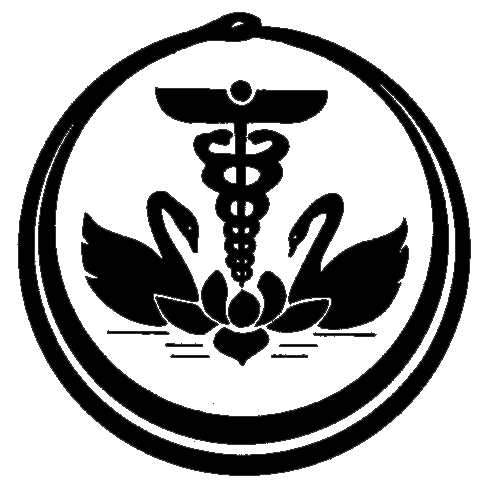. . . continued from previous issue
Kwaatha
This is obtained by boiling 60 grams of cleaned, chopped and crushed raw drugs and cooked with 1200 ml of water and reduced to 1/4th. Usually when administration is done clinically this filtered Kwaatha is further reduced to half as then it is easier for administration. It is lighter than Swarasa and Kalka but more potent than Faanta or Hima. The reason for boiling the plant material in water is to extract all the water-soluble components. Kwaatha is used widely because it is easily absorbed into the body, and it also purifies the body. Physicians start their treatment with Kwaatha it removes the Ama (toxins) and it increase the Agni.
The adult dose is between 75 ml to 150 ml once or twice a day. Sometimes milk, ghee, or oil are added.
A Kwaatha made from black pepper, dry ginger, Tulsi and Guduci is good for fever which is accompanied with cough and cold.
Hima
This is used when the plant material is heat sensitive. 60gms of material is put in 300 ml of cold water and kept overnight. The contents are then filtered through a four layered muslin cloth.
It is usually good in Pitta conditions. It is less potent than the first 3 preparations but more potent than Phanta.
Adult dosage is 60 – 120 ml twice or thrice a day.
Draksha(raisin) kept overnight in cold water is given when there is a lot of heat in the body.
Phanta
This is prepared from plant material which requires low temperature for extraction. These ingredients are usually sensitive to high temperatures.
60 gms of powdered raw material is soaked in hot water and mixed thoroughly. It is then filtered.
Adult dosage is 60 ml to 120 ml twice or thrice a day. This is the least potent of the five and hence used when there is weak agni.
Haritaki (Terminalia chebula) kept in warm boiled water along with a little Gud (Jaggery) is good for constipation and Arshas.
All these 5 different types of preparations are perishable forms. They have to be consumed by the patient as and when prepared. Hence the ancient Ayurvedic scholars have prescribed many stable forms. The stability of the various forms are as follows:
Unprocessed dried plant material, 1 year
Powder, 2 months
Tablets, pills, syrups, 1 Year
Medicated oils and ghee, sixteen months
Low potency drugs, 1 year
Alcoholic [preparations, more than 1 year
Arka
This is a liquid preparation using distillation. The plant is soaked in water and then distilled. It is fast acting and used in emergency conditions.
Dosage is usually 10 drops given with a proper adjuvant.
Ajamoda or celery seeds arka is used in abdominal and chest pain.
. . . to be continued
Mrs. Mira Swami, Dept of Ayurveda
